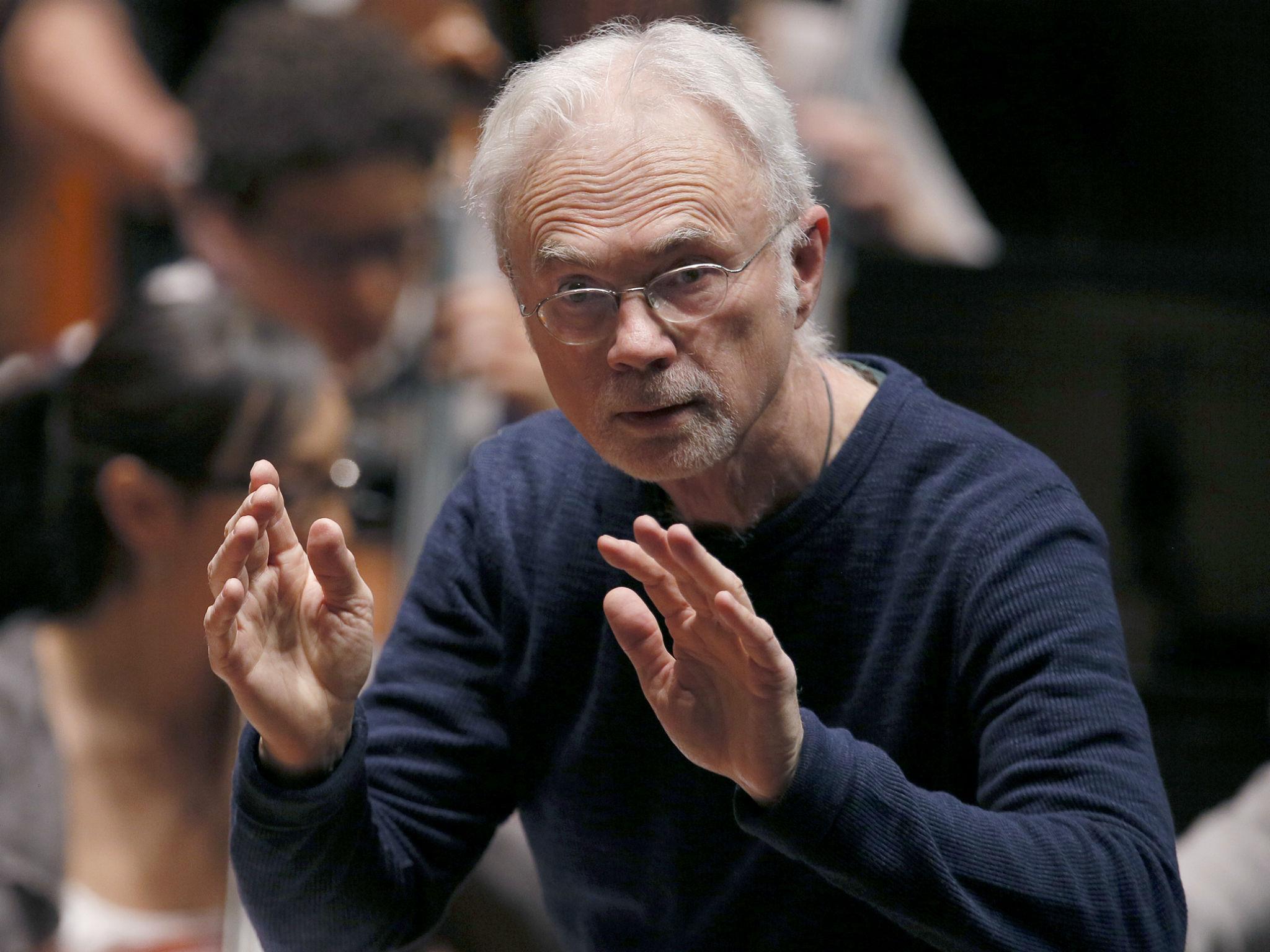El Niño, The Barbican, London, review: Adams excels at incandescent ecstasy
John Adams conducts his opera-oratorio ‘El Niño’, a contemporary reimagining of the classic nativity story told from different perspectives

Your support helps us to tell the story
From reproductive rights to climate change to Big Tech, The Independent is on the ground when the story is developing. Whether it's investigating the financials of Elon Musk's pro-Trump PAC or producing our latest documentary, 'The A Word', which shines a light on the American women fighting for reproductive rights, we know how important it is to parse out the facts from the messaging.
At such a critical moment in US history, we need reporters on the ground. Your donation allows us to keep sending journalists to speak to both sides of the story.
The Independent is trusted by Americans across the entire political spectrum. And unlike many other quality news outlets, we choose not to lock Americans out of our reporting and analysis with paywalls. We believe quality journalism should be available to everyone, paid for by those who can afford it.
Your support makes all the difference.El Niño, John Adams’s nativity oratorio, was premiered in 2000. He went for a radical retelling of the Christmas story from a woman’s perspective with director Peter Sellars, his long-time collaborator. The opera mixes biblical and liturgical texts, with others pulled from the Apocrypha; a medieval carol, a mystery play and – most strikingly – poems by Latin-American women, which imbue the work with the kind of vibe familiar to anyone who saw Sellars’s English National Opera production of The Fairy Queen, which similarly incorporated material from a modern Nicaraguan writer, Rosario Aguilar. When it works, it works stunningly well, bringing a magical jolt of immediacy to the narrative. When less successful, it shades into longueurs and self-indulgence.
The two-hour work requires considerable choral and orchestral forces, including harp, two suitably Hispanic guitars, bass trombone, bass clarinet and varied percussion – all needed when building to the kind of incandescent ecstasy at which Adams excels.
This concert performance, conducted by the man himself, allowed the five excellent soloists to occupy centre stage without distraction, with Davóne Tines’s lustrous bass-baritone playing off Jennifer Johnson Cano’s intimate mezzo-soprano and Joélle Harvey’s pure-voiced Mary. The three distinctively voiced countertenors, reminiscent of Britten’s way with that register, made the entrance of the numinous into the everyday absolutely vivid.
Join our commenting forum
Join thought-provoking conversations, follow other Independent readers and see their replies
Comments